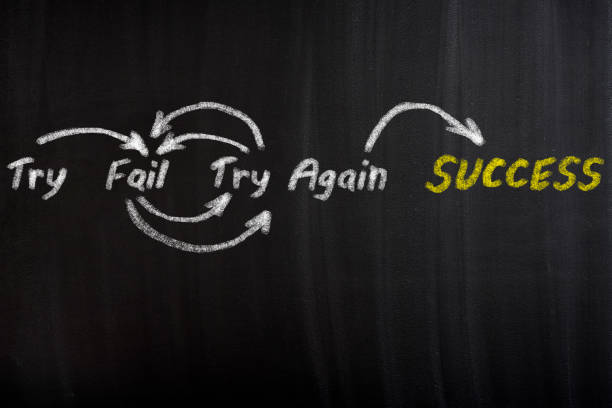Building Antifragile Mindsets in Professional Environments
The modern workplace demands more than simple resilience—it requires antifragility, the ability to grow stronger from stressors and failures. Organizations that cultivate cultures of intelligent risk-taking and learning from mistakes consistently outperform their competitors in innovation metrics and employee satisfaction scores.
Successful professionals understand that career advancement often comes through strategic failure management rather than failure avoidance. This involves developing systematic approaches to experimentation, rapid prototyping, and iterative improvement. Companies like Google, Amazon, and Tesla have built their competitive advantages on principles of "failing fast" and extracting maximum learning value from each setback.
The key lies in distinguishing between productive failures that generate valuable insights and destructive failures that result from negligence or poor planning. Productive failures are characterized by clear hypotheses, measurable outcomes, limited downside risk, and predetermined learning objectives. This framework enables individuals and organizations to harness failure as a strategic tool for growth and innovation.




